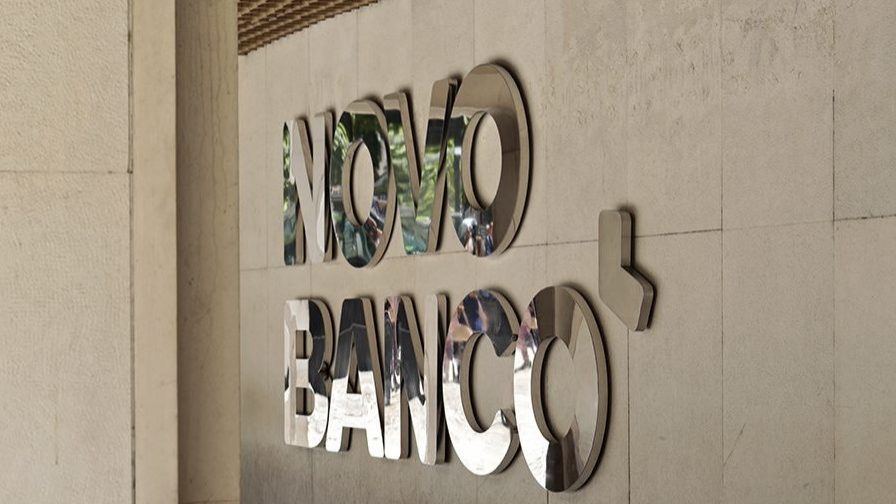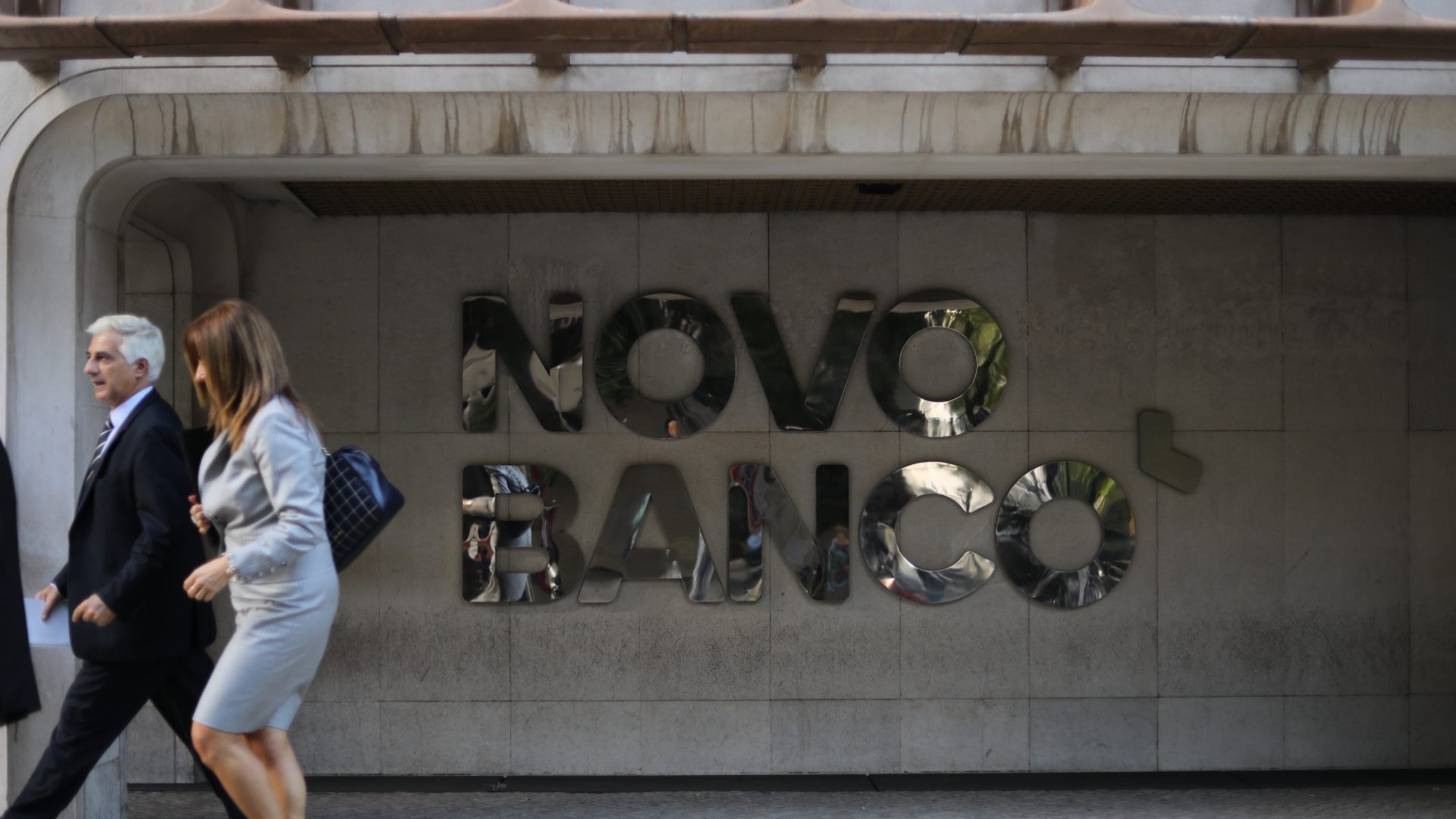Carlos Costa compares Novo Banco to “partially rotten fruit basket”
Former governor of the Bank of Portugal says problems at Novo Banco lie with BES and the "disastrous financing operations" the bank granted before 2014.
Former governor of the Bank of Portugal (BoP) Carlos Costa said in Parliament that the country would bear a greater cost if it had not acted on the sale of Novo Banco in 2017. And he recalled the conditions of the bank at that time, making a comparison with a “partially rotten fruit basket.”
“The question is always the same: I am going to sell a basket of fruit that is partially rotten. I am not going to count on the benevolence or generosity of the buyer to buy all the fruit as being of quality,” Carlos Costa said this Monday at the Novo Banco’s commission of enquiry.
According to the former governor, as an “evaluation parameter” to understand whether or not the sale was properly done, one should “take into consideration the cost of not selling, which was rotting all the fruit.”
In Novo Banco’s case, and using Carlos Costa’s metaphor, all the fruit was sold, but at a lower price, including the rotten pieces, which were the bank’s non-productive assets, such as bad loans, and which were part of the contingent capital agreement created when the bank was sold to the American fund Lone Star.
Costa supported the sale of Novo Banco, as the alternative of “not acting” would have cost Portugal more. It “would have implications for the functioning of the economy, depositors’ confidence and capital mobility,” said the former governor who left the Central Bank in July.
The former governor also argued that the losses from the Novo Banco process “were not caused during the sale, but between 2010 and 2014,” at a time when BES carried out “financing operations that were disastrous,” giving as examples the debtors that have been heard in recent weeks by the MPs (Moniz da Maia, Gama Leão and Luís Filipe Vieira).


